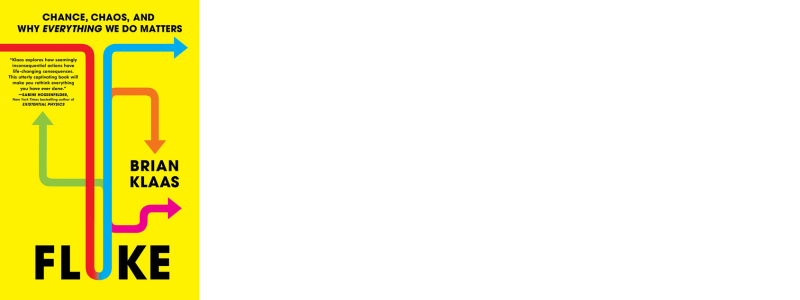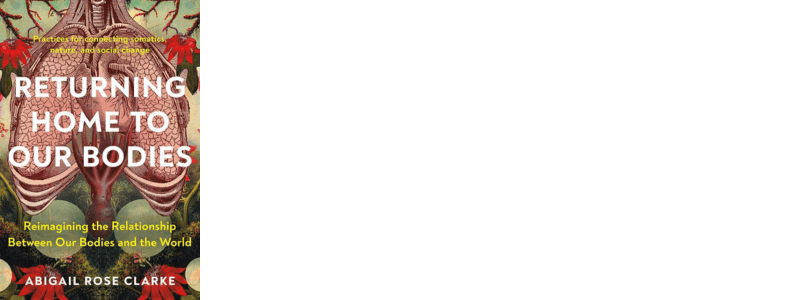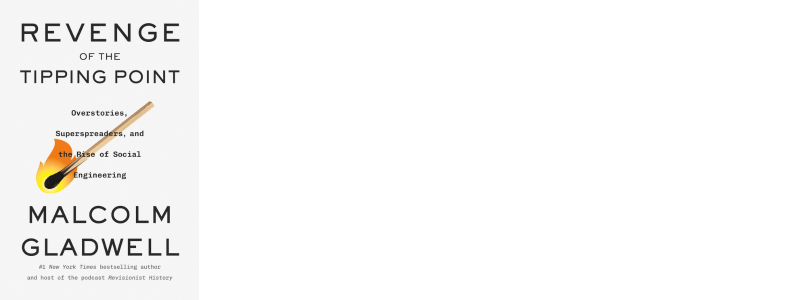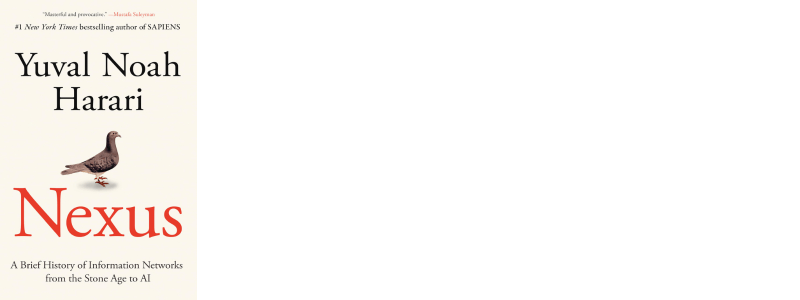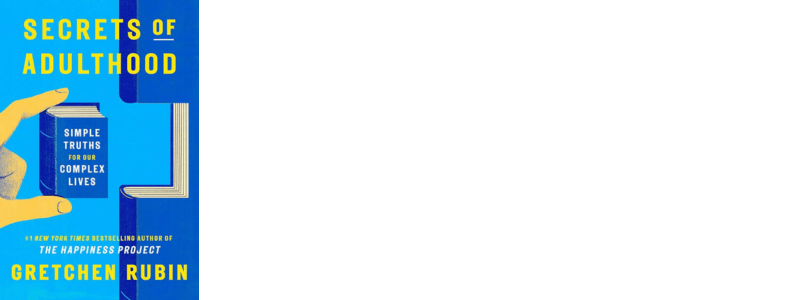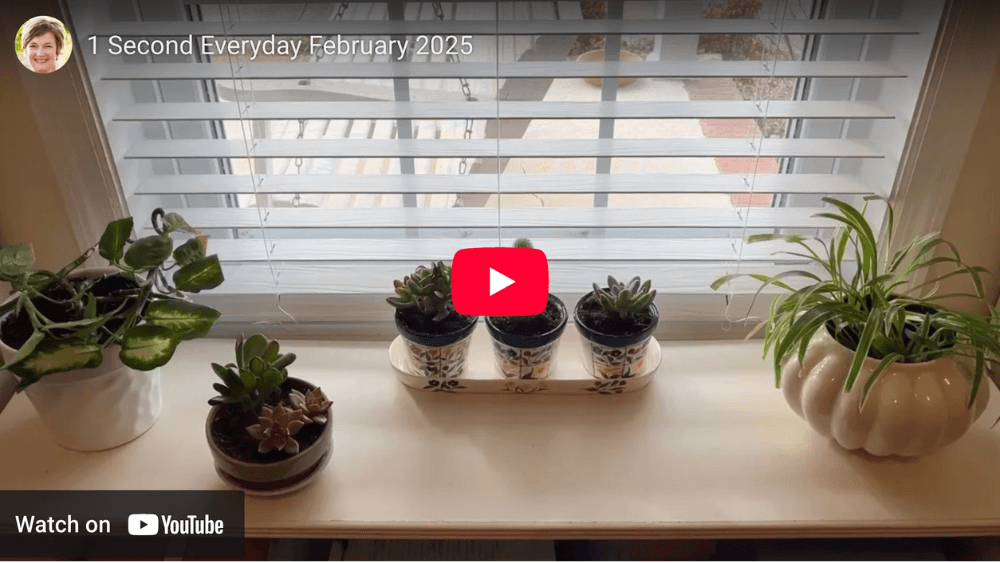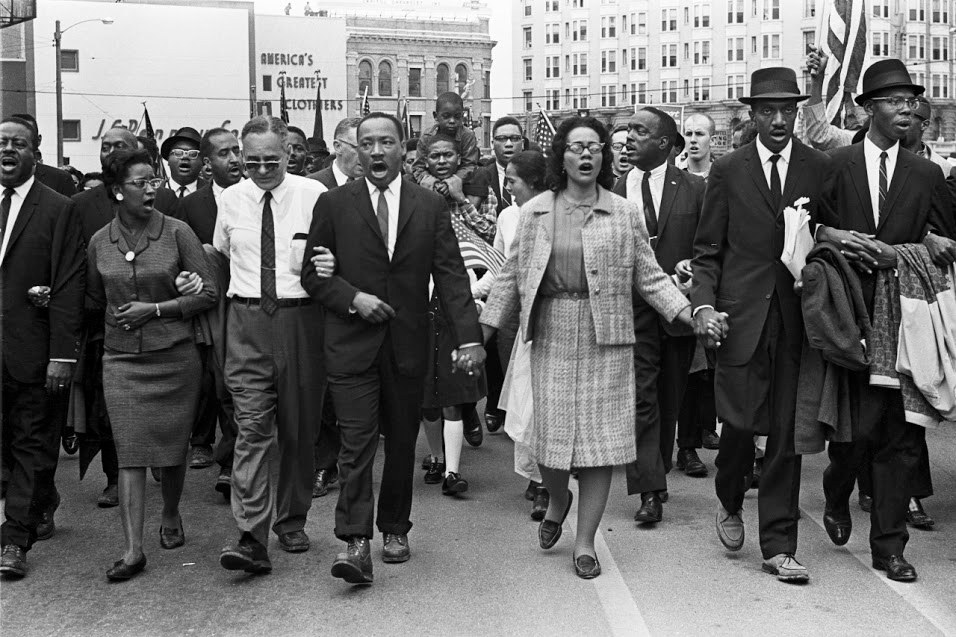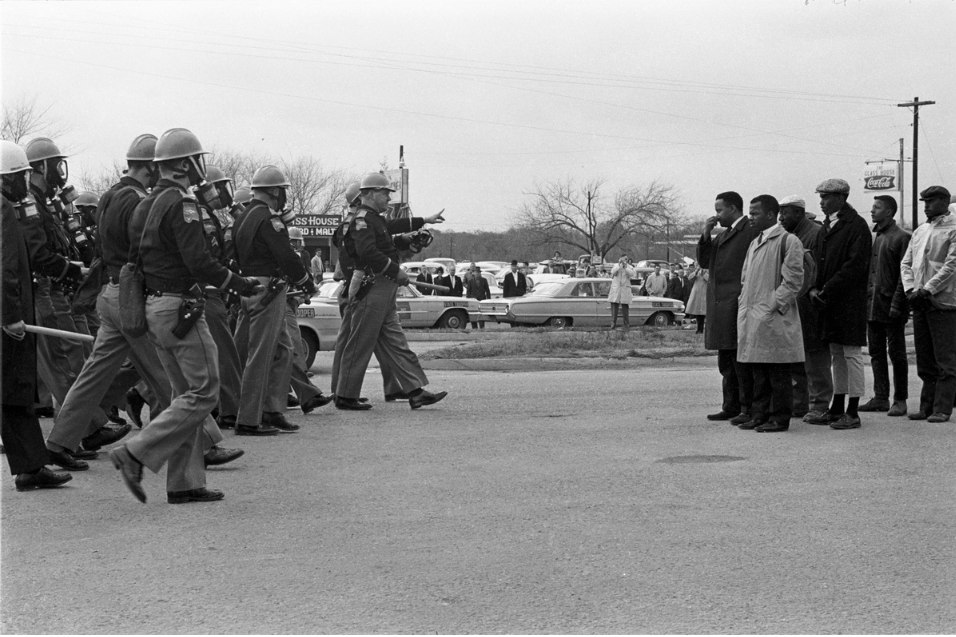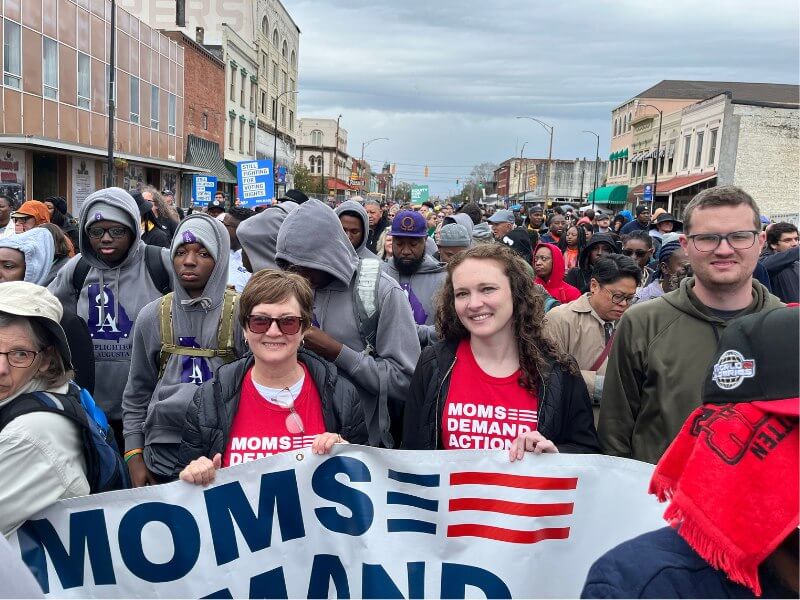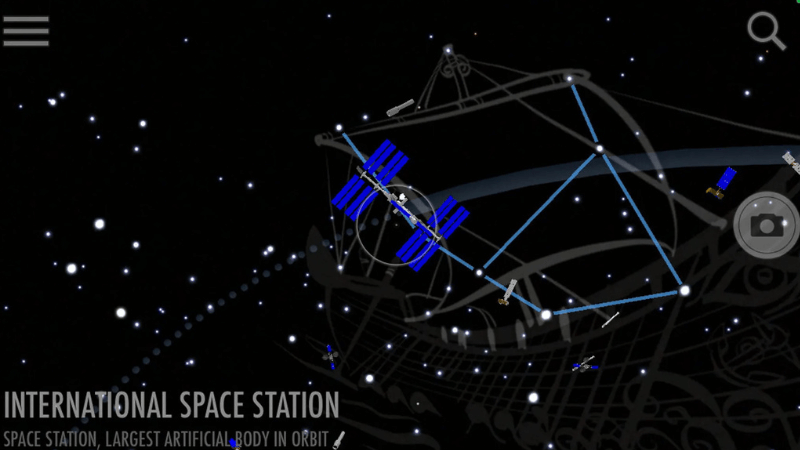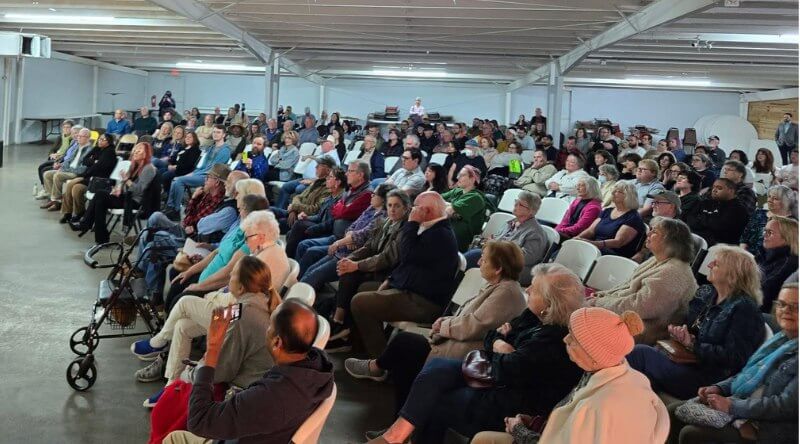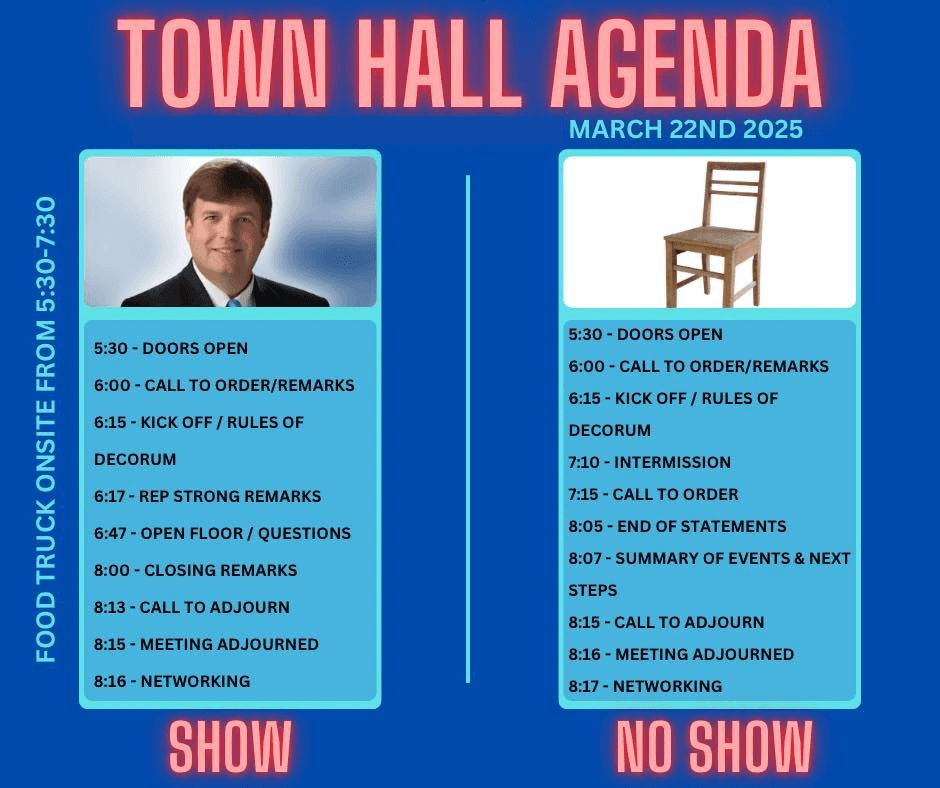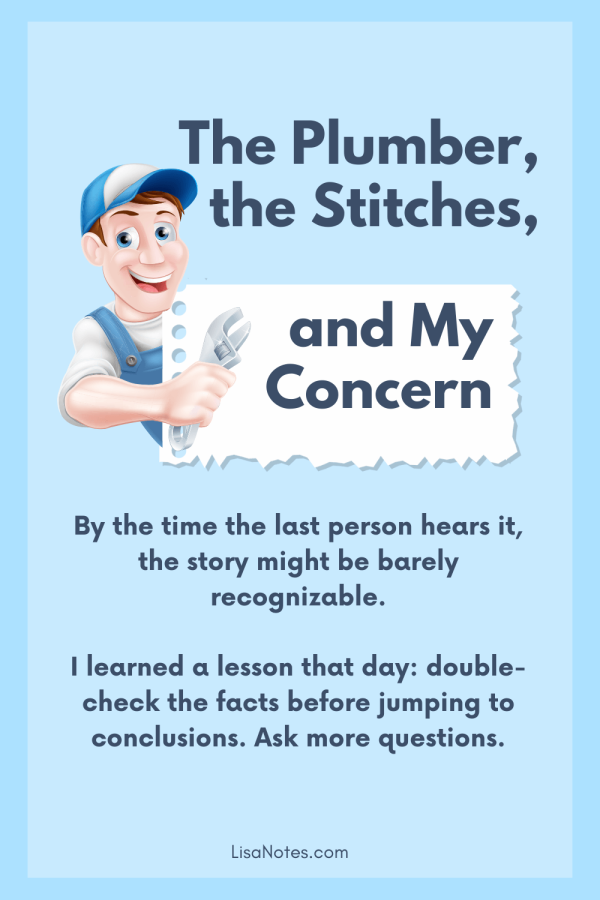“Eating and reading are two pleasures that combine admirably.”
– C. S. Lewis
Here are 7 nonfiction books I recommend from my recent reads.
[See previously recommended books here]
NONFICTION
1. Fluke
Chance, Chaos, and Why Everything We Do Matters
by Brian Klaas
This fascinating book is so perfect with my word of the year, Ripple. Brian Klaas explores how small moments really can alter history—think “butterfly effect.” I highly recommend this one.
2. Returning Home to Our Bodies
Reimagining the Relationship Between Our Bodies and the World—Practices for connecting somatics, nature, and social change
by Abigail Rose Clarke
I participated in an online book club with this one, and it was so helpful to hear how others are processing these exercises. Clarke presents so many unique insights about how to connect with our bodies. I’m still thinking about how fluid our bodies really are on the inside.
3. Revenge of the Tipping Point
Overstories, Superspreaders, and the Rise of Social Engineering
by Malcolm Gladwell
Malcolm Gladwell is one of those authors that I’ll read whatever he writes. Twenty-five years ago he wrote The Tipping Point (which I read), and this book is the update. So of course I had to read it. In this revision he tells new stories and uses social science to examine modern crises, like the opioid epidemic and social engineering. (Listen to the audiobook if you can! He often has the actual speakers read their own quotes in the book.)
4. Nexus
A Brief History of Information Networks from the Stone Age to AI
by Yuval Noah Harari
This is a long book (over 500 pages) but the material requires it. Harari writes how information networks have shaped human history, from ancient myths to modern AI, and how they can be both helpful and harmful. Thus, it’s both frightening in places and encouraging in others. We’ve got to be responsible in these early days of AI before it gets away from us. I’ll do a more full review soon.
5. Secrets of Adulthood
Simple Truths for Our Complex Lives
by Gretchen Rubin
Gretchen Rubin is another author I always read. This book is her collection of original aphorisms or pearls of wisdom. Drawing from her own experiences and research, she shares insights and truths to navigate life’s challenges in easy-to-read nuggets. I’ll do a more full review on Friday.
6. Democracy in Retrograde
How to Make Changes Big and Small in Our Country and in Our Lives
by Sami Sage and Emily Amick
Do you want to get more involved in civic life—either locally or nationally—but aren’t sure where to begin? This book is an easy and excellent place to start. It’s a practical guide to meaningful actions that we all can take, regardless of how much or how little time and energy is available to us. If we all can do our one small thing, hopefully we can keep democracy alive in the United States. This is a great book club book. I spent Sunday afternoon talking about it with a few friends.
7. Beyond Anxiety
Curiosity, Creativity, and Finding Your Life’s Purpose
by Martha Beck
This book isn’t quite as great as I wanted it to be, but it’s still worth reading. Basically, Martha Beck suggests you can manage anxiety by tapping into creativity, switching from an “anxiety spiral” to a “creativity spiral.” But whether or not it reduces anxiety, embracing more of our creative side is usually a beneficial thing anyway, so let’s do it.
WHAT I’M READING NOW
- Parable of the Sower
by Octavia E. Butler - The Glass Castle
by Jeannette Walls - How to End Christian Nationalism
by Amanda Tyler - You Don’t Need to Forgive
Trauma Recovery on Your Own Terms
by Amanda Ann Gregory, LCPC
What good book have you read lately? Please share in the comments.

